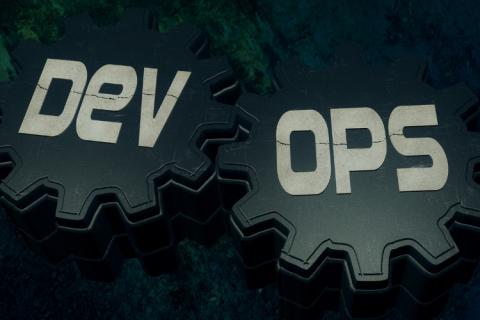Operations | Monitoring | ITSM | DevOps | Cloud
%term
Knowledge18: The Morning Show with ServiceNow Security (Part 3)
7 Tips to Get New Engineers Ready to Be On-Call
Before the philosophy of DevOps, developers would build products, services, and infrastructures , but the responsibility for maintaining them would shift to operators, aka system or IT admins. The DevOps philosophy removes the boundary between Operations and Development teams, making system reliability a shared responsibility of all parties.
Getting more value from your Stackdriver logs with structured data
Logs contain some of the most valuable data available to developers, DevOps practitioners, Site Reliability Engineers (SREs) and security teams, particularly when troubleshooting an incident. It’s not always easy to extract and use, though. One common challenge is that many log entries are blobs of unstructured text, making it difficult to extract the relevant information when you need it.
Looking back on the largest DDoS in history
On October 21, 2016 at approximately 4am PST, the internet broke. OK, we know the internet doesn’t “break.” But hundreds of important services powering our modern web infrastructure had outages – all stemming from a DDoS targeting Dyn, one of the largest DNS providers on the internet.
Live Demo: Customer Service Management
Live Demo: IT Service Management
Live Demo: Software Asset Management
Friends, Citizens, Marketers, Lend Me Your Ears
While Jay-Z taught me about bringing DevOps into Marketing, it was Shakespeare who really grounded me in the customer experience. I remember learning in school about how Shakespeare’s plays were lauded for two main reasons.
Instrument Your Go App In Minutes with the Honeycomb Beeline for Go
Want magical per-request instrumentation to roll effortlessly out of your Go app without even looking like you’re trying? Meet the Honeycomb Beeline for Go!











